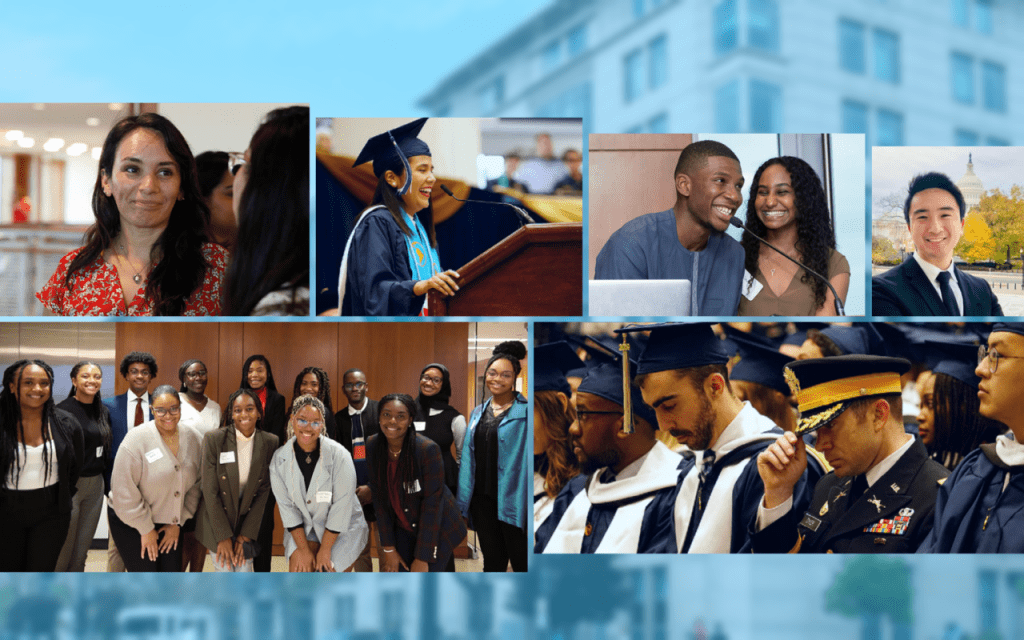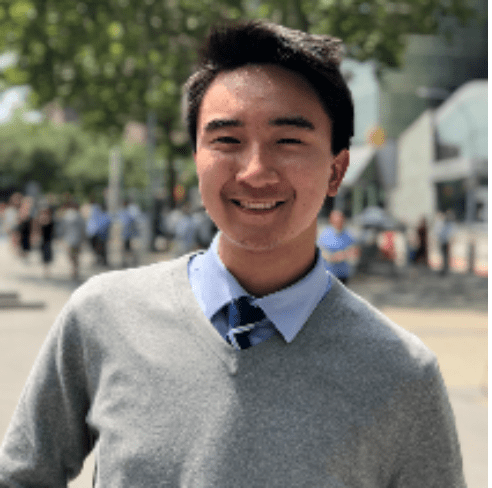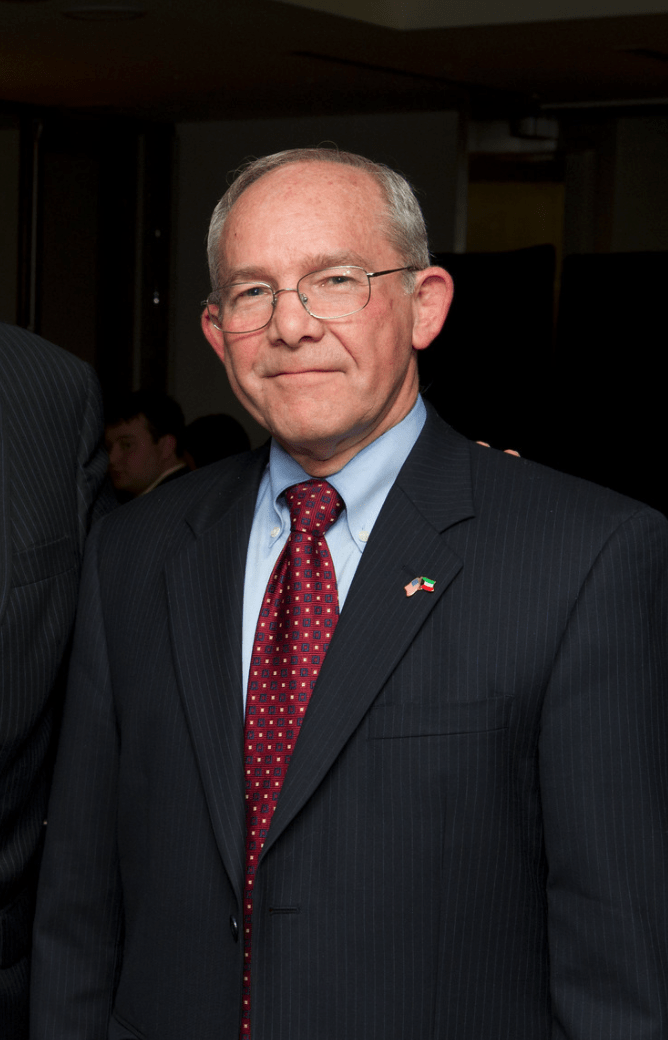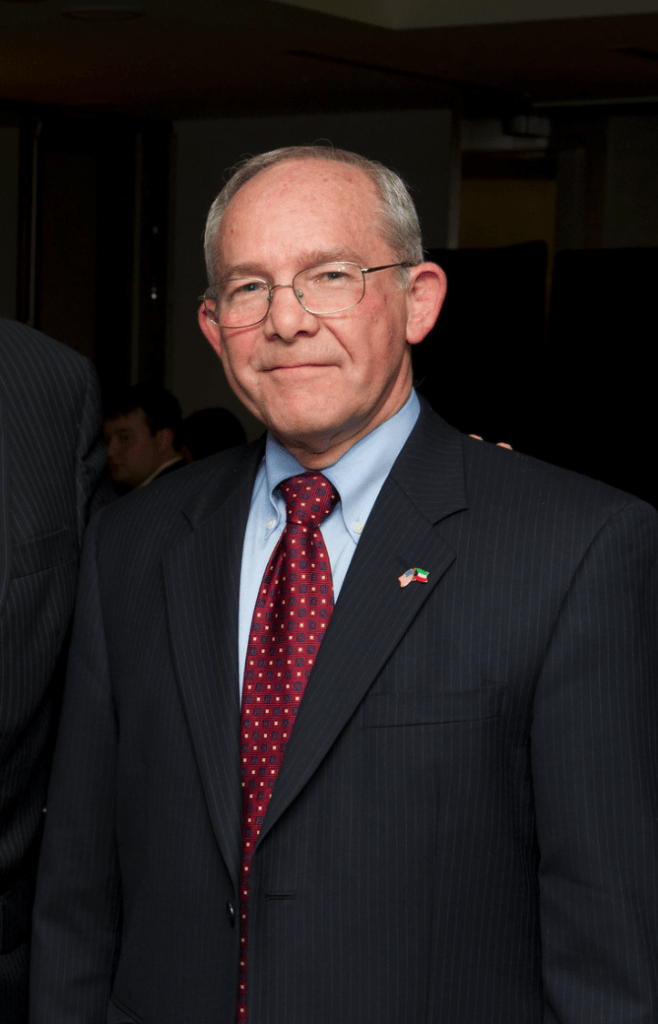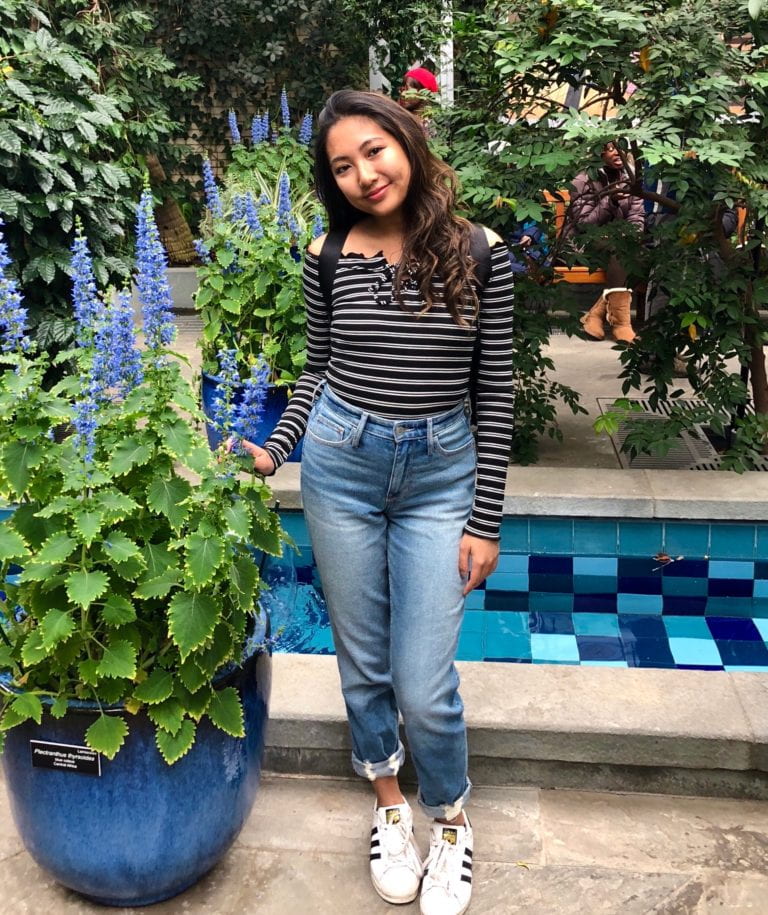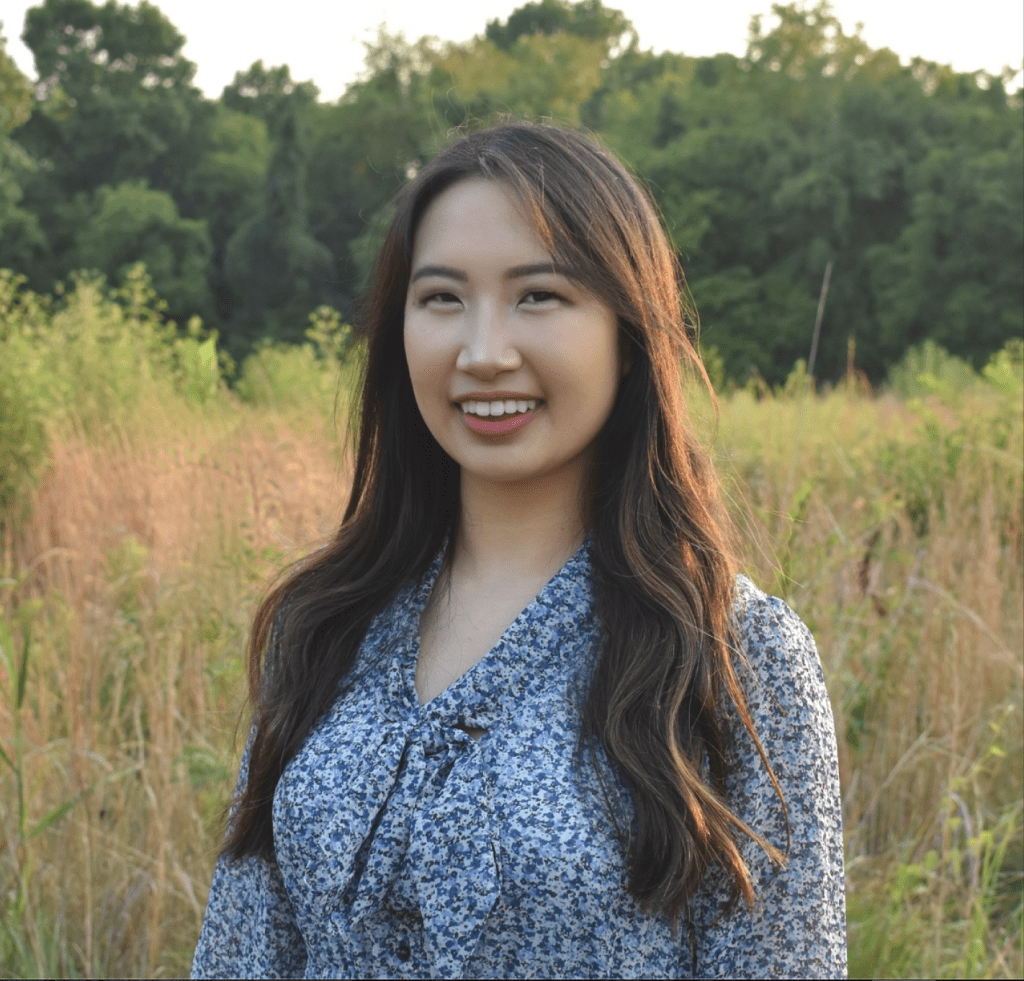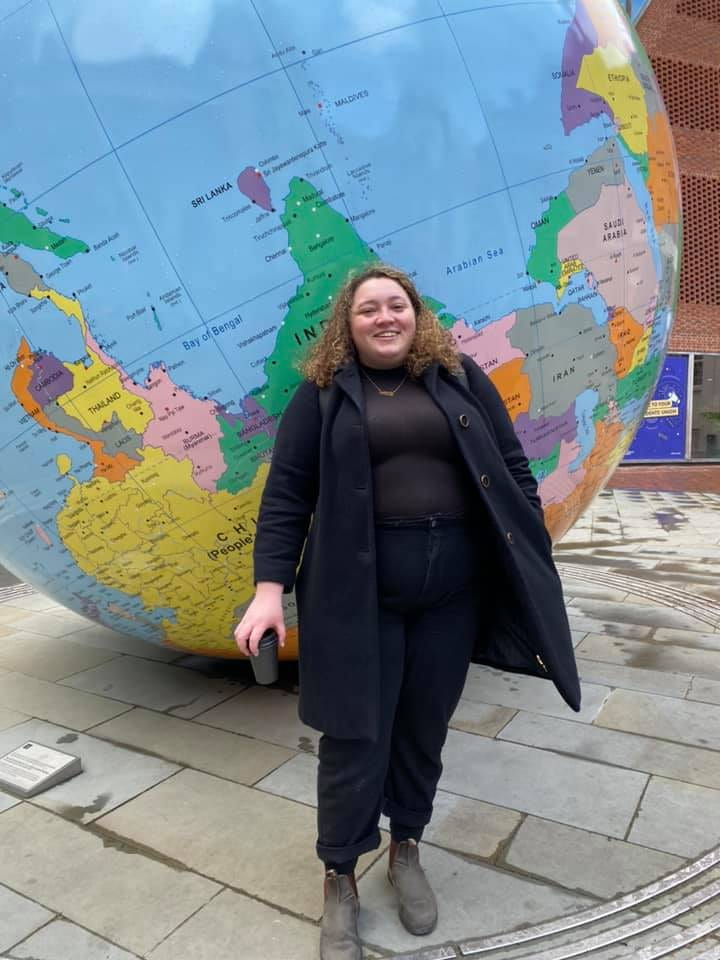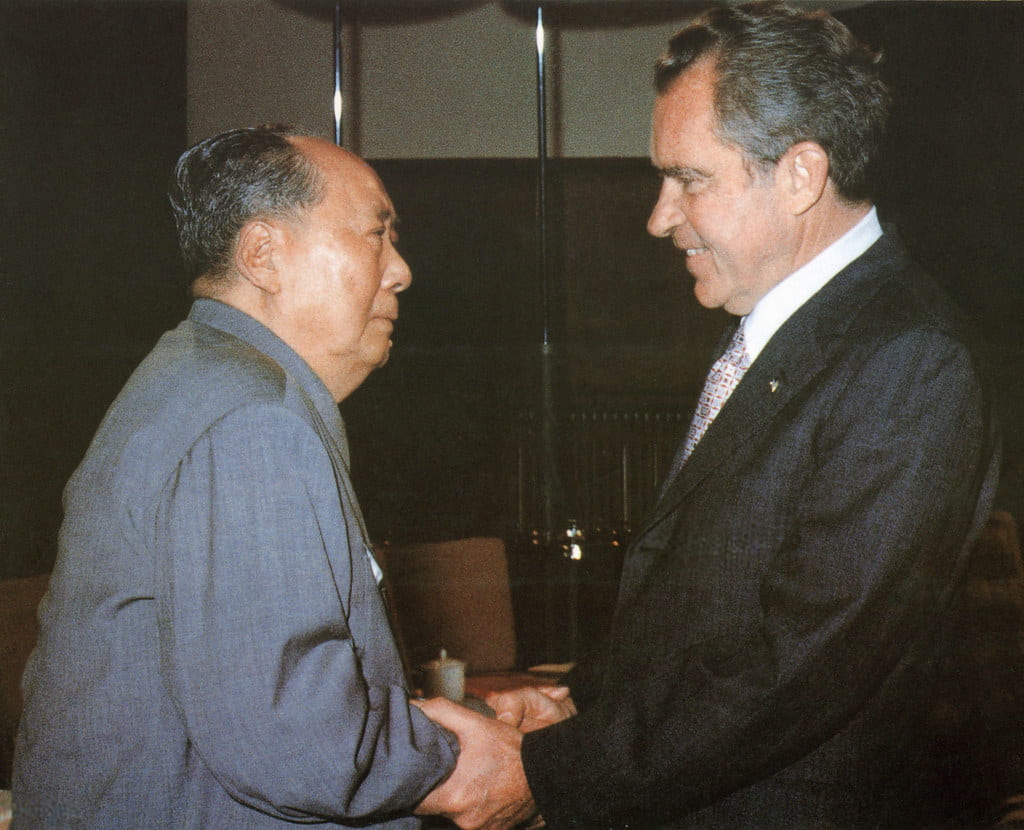
Two Elliott School faculty members who are leading international experts on U.S./China relations offer commentary on the 1972 foreign affairs breakthrough.
President Richard Nixon made one of the most significant foreign visits in the history of the United States 50 years ago when he traveled to the People’s Republic of China Feb. 21-28, 1972—ending two-plus decades of no communication or diplomatic ties between the two nations.
GW Today sat down with two leading international experts on U.S./China from the Elliott School of International Affairs to discuss the trip to Beijing 50 years later.
David Shambaugh, the Gaston Sigur Professor of Asian Studies, Political Science and International Affairs and director of the China Policy Program, served the State Department and National Security Council during President Jimmy Carter’s administration. He also served on the board of directors of the National Committee on U.S./China Relations and is a life member of the Council on Foreign Relations, U.S. Asia-Pacific Council and other public policy and scholarly organizations. Before GW, he was senior lecturer, lecturer and reader in Chinese politics at the University of London’s School of Oriental and African Studies, where he also served as editor of The China Quarterly.
Robert Sutter, Professor of Practice of International Affairs, had a government career that lasted from 1968 until 2001. He served as senior specialist and director of the Foreign Affairs and National Defense Division of the Congressional Research Service, the national intelligence officer for East Asia and the Pacific at the U.S. Government’s National Intelligence Council, the China division director at the State Department’s Bureau of Intelligence and Research and professional staff member of the Senate Foreign Relations Committee.
Shambaugh and Sutter were asked questions, some the same and some different, separately for this article.
Q: At the time, what was the significance of Nixon’s visit to China?
Shambaugh: President Nixon’s visit to China in February 1972 was described at the time as “the week that changed the world.” While perhaps hyperbole, there is indeed truth in this characterization—for three principal reasons. First, it ended the 22-year estrangement and total lack of contact between both the governments and the people of China and the United States. It would take another seven years before official diplomatic relations would be consummated under the Carter administration—where I worked on the China staff of the National Security Council staff at the time—which in turn opened a wide variety of direct ties between our two societies, but the Nixon visit catalyzed the process. Second, with the American opening to China, other governments around the world, which had been part of the previous U.S. policy to isolate and contain China, now were free to open their own relations with the People’s Republic of China—thus, in a real sense, the Nixon visit not only opened U.S./China relations, but it also did much to open China’s own doors to the world that had been previously almost completely isolated. Third, the Nixon visit was a strategic stroke of genius and fundamentally altered the balance of power in the so-called strategic triangle (U.S., China, Soviet Union) at the time, aligning America and China against Moscow. That, in turn, led over time to the weakening of the Soviet Union, its collapse and end of the Cold War.
Q: How was the event viewed in the U.S. at the time? What about in China?
Sutter: It was a big news item, and it was widely applauded. Everyone thought this was a great idea. The Chinese were on their best behavior. It was all very cordial. And it was in the interest of both sides to look like they were very close. China was desperate. And China was under the gun from the Soviet Union. It was very much in the Chinese interest because they were very worried about the U.S. and Soviet Union.
Q: Did Nixon’s China policy and visit facilitate the creation of modern China?
Shambaugh: Indirectly, yes. Nixon’s visit facilitated China’s broader opening the world, notably the Western world. This brought China in direct contact with the world’s most developed economies—which have been central to the foreign investment, technology transfer, and professional exchanges that have all contributed much to China’s dynamic economic growth since. But it also took the death of [Chinse President] Mao [Zedong] and the coming to power of Deng Xiaoping in 1978 to relax the repression and xenophobia within China, so the country could take advantage of the door that Nixon and Mao initially opened.
Q: What would be comparable to Nixon’s visit today?
Sutter: I just want to reiterate the fragility of China (in 1972). This was a dangerous mission. They were taking a risk. But they must have had enough evidence that they felt the president could be secured, and they could get him out if they had to. It was like going to North Korea today. China then was a lot like North Korea today. Very secretive. There’s so many things you didn’t know. It was a gamble, in a way.
Q: Why does the Nixon visit still fascinate so many? And why is it important for students today to learn about it?
Shambaugh: The Nixon visit continues to fascinate, in part, because it was such great public theater—because it took place on live television. Here was a society (Communist China) that had been completely closed off from the world since 1949, having recently been convulsed by the cultural revolution (from 1966-76), literally opening itself up for others to peer inside. The drama of Nixon meeting Mao [Zedong], being feted in the Great Hall of the People, touring the Great Wall and signing the Shanghai Communique was all riveting theater. As for students today, I am currently teaching my graduate-level U.S./China relations course this semester, and we watched the film ”History Declassified: Nixon in China” earlier this month, and I also invited to class Winston Lord—who was Nixon’s and [former Secretary of State] Henry Kissinger’s close aide. He participated in Kissinger’s secret 1971 trip to Beijing, the Nixon visit itself, played a key role in negotiating the Shanghai Communiqué, and later became America’s ambassador to China from 1985 until 1989. The students loved it. So, yes, the Nixon visit is still very much alive, at least in my class in the Elliott School. As for what students can still learn from it, I would say that no matter how great a gulf or differences can be between governments or peoples, there is always the possibility of improving ties. This is something we should remember about U.S./China relations when they are as strained as they are today.
Q: Nixon self-described the visit as a “week that changed the world.” Looking back 50 years later and where the two countries are now, is that statement accurate, far off, or somewhere in the middle?
Sutter: It fundamentally changed the world at the time, but the world has also changed since, and China changed. Maybe the United States has changed too, but China has definitely changed. It’s just more powerful. We never knew, we outsiders never knew what China would do if it became very powerful. There was no evidence to back that up. But now we have evidence of it. That changes our perceptions and, and that’s what’s happened over the last few years.




